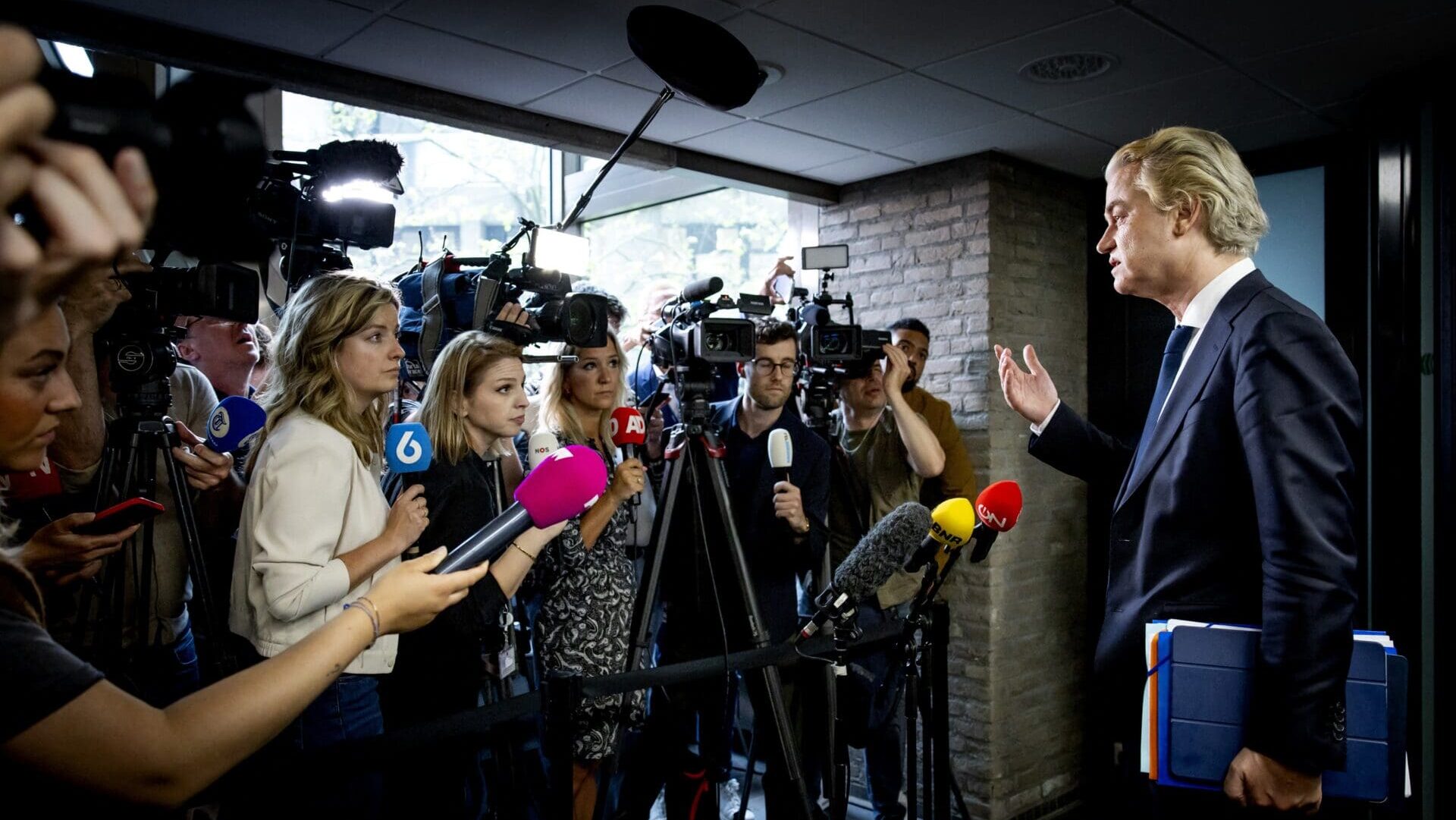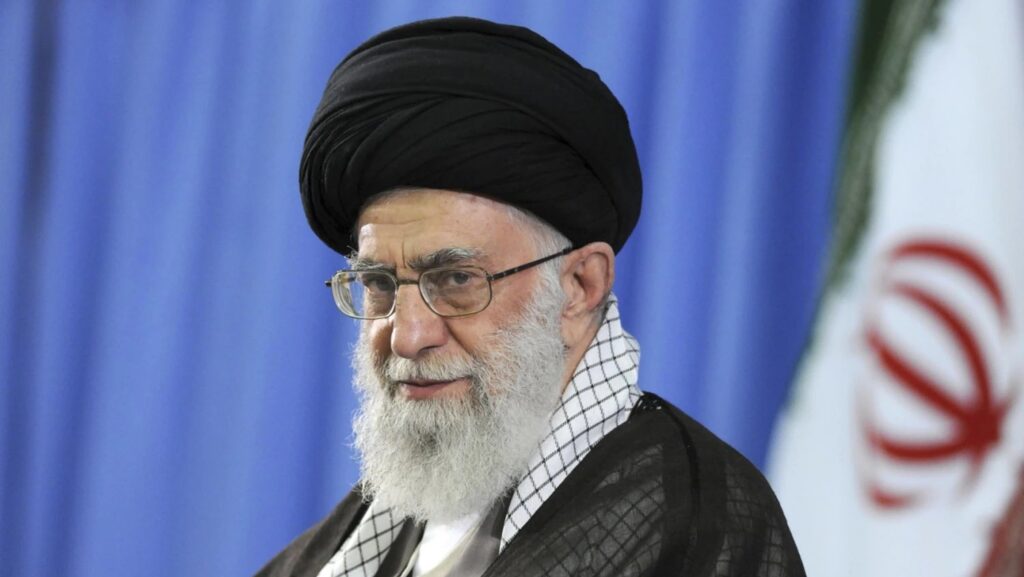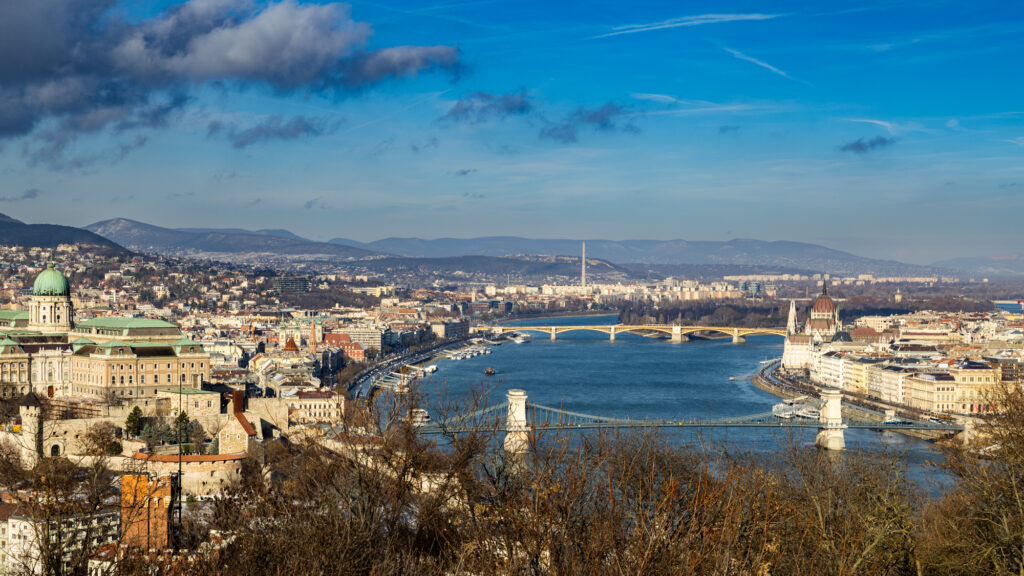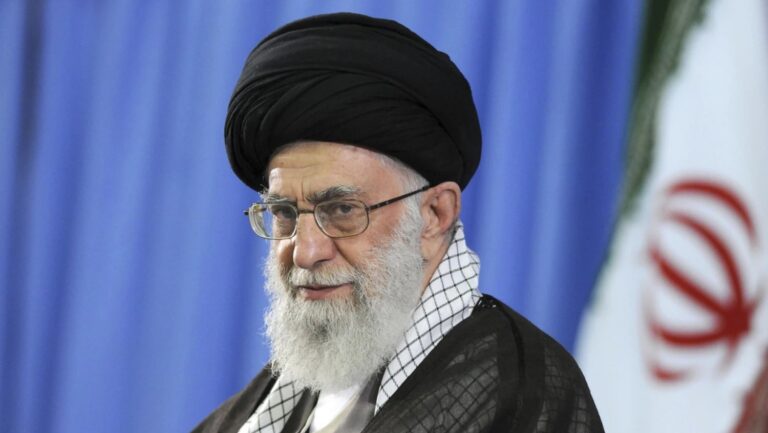Almost half a year has passed since the Dutch Party for Freedom (PVV), led by Geert Wilders, won the November 2023 elections, yet the government formation is still incomplete. Coalition talks have revealed that Wilders, a close ally of Hungarian Prime Minister Viktor Orbán and the leader of the strongest party in parliament, will not become the prime minister. Instead, his preferred candidate is likely to be appointed to head the new right-wing government.
Nevertheless, Wilders is not at all disappointed. On Tuesday, following the conclusion of another round of negotiations, he informed the press that they were now merely
The discussions involve the centre-right People’s Party for Freedom and Democracy, the centrist New Social Contract, and the right-wing populist BoerBurgerBeweging. Some press reports suggest that the position of head of government could be assumed by former minister Ronald Plasterk.
A tougher stance on migration has been central to Wilders and the PVV’s campaign, leading the new government to plan stricter asylum and migration policies.
If the coalition partners can reach an agreement by midnight tonight, another EU country, previously seen as distinctly liberal, could see a right-wing majority government before the European elections in June. The PVV, a member of the Identity and Democracy (ID) group in the European Parliament, has boosted its support from 24 per cent to 32 per cent since the elections, significantly enhancing its chances of success in June—a prospect likely aided by the timely conclusion of coalition negotiations.
Although Wilders will not be prime minister mainly due to his much tougher stance on migration compared to his coalition partners, his influence on the government will remain significant as he leads the largest party in parliament. The veteran Dutch politician, who is a long-time friend of Viktor Orbán, has strong ties to Hungary. After the elections, Orbán congratulated him on X, tweeting: ‘The winds of change are here! Congratulations to @geertwilderspvv on winning the Dutch elections!’ Wilders, who has visited Hungary several times, is also married to a woman of Hungarian descent.
Orbán Viktor on Twitter: “The winds of change are here! Congratulations to @geertwilderspvv on winning the Dutch elections! pic.twitter.com/yh9LVcuP5J / Twitter”
The winds of change are here! Congratulations to @geertwilderspvv on winning the Dutch elections! pic.twitter.com/yh9LVcuP5J
‘Geert Wilders is a good friend of Hungary and has always treated us Hungarians with respect. He understands and sympathizes with our position against the international mainstream and is acutely aware of the dangers of illegal migration,’
stated Péter Szijjártó, Hungarian Minister of Foreign Affairs and Trade, in March 2023.
Wilders last visited Hungary at the end of April to speak at CPAC Hungary. During his speech, he expressed a desire to see
more European leaders adopt migration policies similar to those of the Hungarian government.
Wilders said that Europe is currently facing two threats: ‘wokism’ and demographic decline. ‘We must stand and yell stop, we must stand by our people, never abandon our beliefs”. We must yell “stop!” at the bureaucrats in Brussels when they want more federalism and less sovereignty. We must yell “stop!” at their open borders policies,’ he underlined.
During his visit, Wilders also held bilateral talks with Viktor Orbán, with discussions centred on border protection and combating illegal migration. ‘When Hungary assumes the EU presidency in the next six months, it will place great emphasis on protecting Europe’s external borders. This was the main topic of discussion between Prime Minister Viktor Orbán and Geert Wilders on Friday,’ the Hungarian Prime Minister’s press chief told MTI.
Related articles:







